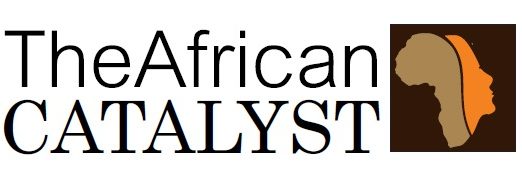Foreign direct investment (FDI) can play an important role in an economy’s development efforts, including supplementing domestic savings, employment generation and growth, integration into the global economy, transfer of modern technologies, enhancement of efficiency, development of local suppliers, and raising skills of local manpower. FDI can be a catalyst for economic diversification in West Africa, helping these economies move beyond overdependence on natural resources alongside being a critical source of long-term capital for investment in infrastructure and other developmental initiatives.
In West Africa today, we see that countries are doing much to create a more business-friendly environment to promote local investment as well as foreign direct investment, and many have made impressive progress towards political and economic stability. Many African countries are not even listed for consideration by transnational corporations – let alone make it onto the “shortlist”– when it comes to locational decisions for FDI, despite offering a few attractions to foreign investors. For foreign companies, investment in Africa seems to be more highly profitable than most other regions
There are a few reasons why West Africa, despite presenting huge investment opportunities, is yet to fully optimize this potential in foreign direct investments.
1
Barriers to investment
The main hurdles for national, regional, and foreign investors are cross-border constraints. This mostly affects small businesses and service providers. “In Nigeria, burdensome and non-transparent administrative procedures, land, the clearance of goods and services at ports and airports, and access to finance are some of the obstacles hampering investors
2
Burdensome investment legislation and procedures
Poor policy consistency and coordination within West African governments have greatly hindered progress in trade facilitation. This is further compounded by conflicting trade procedures and poor institutional framework to adequately implement policies that will facilitate trade within the sub-region, which also hinders trade liberalization
3
Poor Infrastructure
Mobility is sacrosanct for inter-regional trade as it brings communities closer to goods and services. Road transport dominates motorized transport in Africa, accounting for 80 percent of the goods and 90 percent of the region's passenger traffic. High transportation costs coupled with poor road and rail infrastructure are one of the major reasons for low competitiveness
4
Lack of political stability
West Africa today is not only facing an economic crisis characterized by famine, malnutrition, high rates of unemployment, refugees, and severe poverty, but is also burdened by serious political problems, including false democracy, violation of human rights, inter-ethnic and interregional conflict, and the lack of tolerance for minority groups. All these problems have projected an image that Africa is a region riddled by crises and not conducive to investment.

